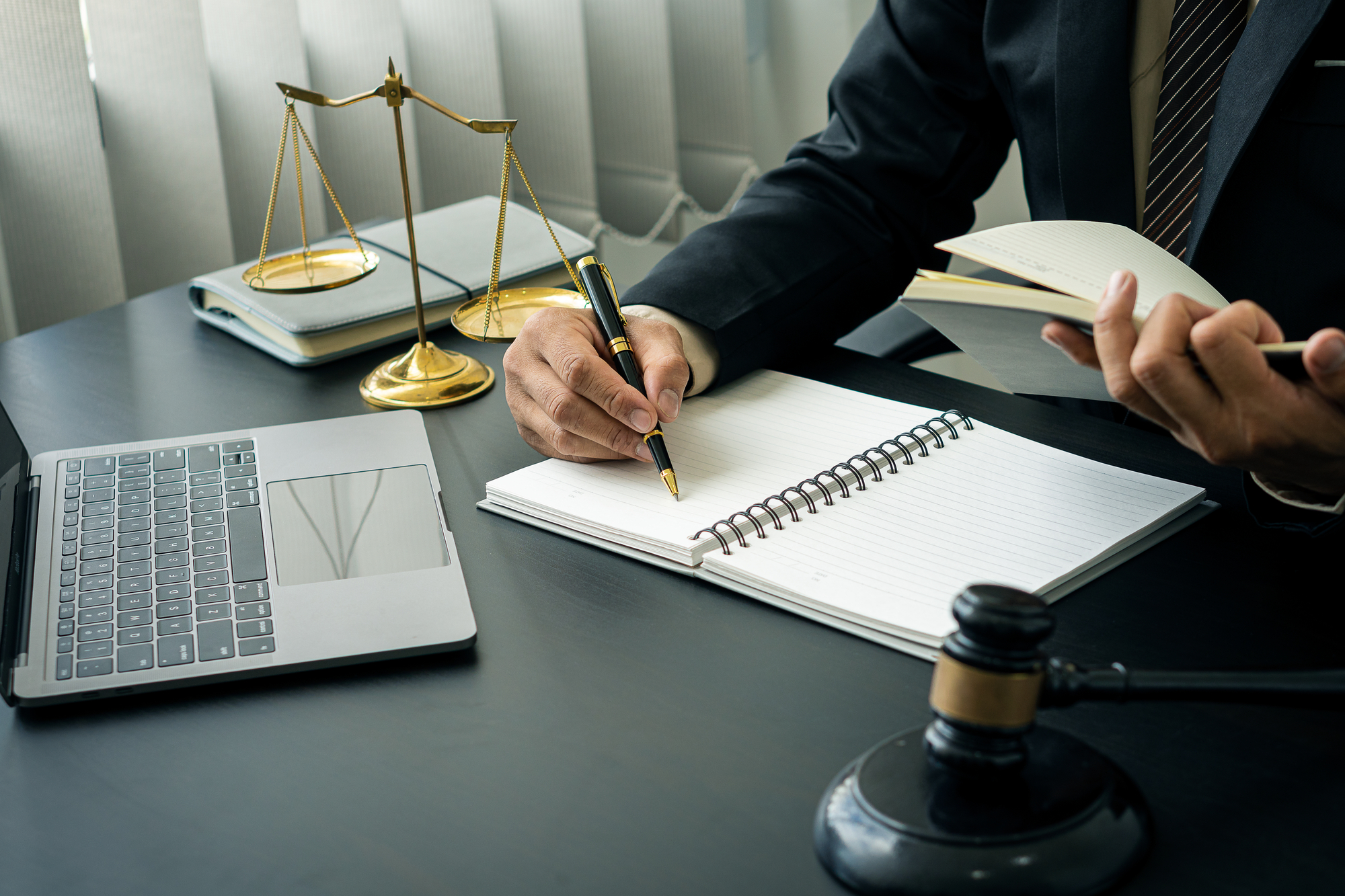As an individual, you may be interested in learning about the difference in bankruptcy Chapter 7 vs 13. After you decide to file for bankruptcy, you must choose between these two types of bankruptcy for individuals.
At Ortiz & Ortiz we are New York bankruptcy lawyers with more than 30 years of history and success. We can prepare a personalized plan for you. Feel free to call us today with your inquiry.
Table of Contents
- The difference in bankruptcy Chapter 7 vs 13 in 2023
- Key differences from Bankruptcy Chapter 7 vs 13
- When is Chapter 7 a better option than Chapter 13
- When is Chapter 13 a better option than Chapter 7
- FAQs related to bankruptcy Chapter 7 vs 13
- Should you hire an attorney?
The Difference In Bankruptcy Chapter 7 Vs 13 In 2023
Not sure if you should file for bankruptcy under Chapter 7 or 13? Depending on your personal circumstances, one option or the other may be more favorable. These are the 2 most common programs to reduce or eliminate your debt.
Note: Remember that Chapter 11 bankruptcy is only primarily for businesses. In our article “What is Chapter 11 bankruptcy” you have extensive information about it. You may also be interested in reviewing Subchapter V of Chapter 11.
The essential difference between bankruptcy Chapter 7 vs 13 bankruptcy lies in its method and whether the person has the means to pay the debt or not. In other words, the key lies in the level of income.
Although both help you recover from debt, one is considered liquidation while the other is a reorganization.
Key Differences From Bankruptcy Chapter 7 Vs 13
Below we take a closer look at some of the key points in the difference between bankruptcy Chapter 7 and 13.
Type
- Bankruptcy Chapter 7: Liquidation.
- Bankruptcy Chapter 13: Reorganization (Restructuring).
The Basics
- Chapter 7: Discharge most types of unsecured debt. The trustee will attempt to sell any significant non-exempt property to reimburse your creditors.
- Chapter 13: You will pay your creditors in whole or in part through a payment plan.
How Long Does It Take?
- Chapter 7: A typical case takes from 3 to 6 months to complete.
- Chapter 13: The payment plan lasts 3 or 5 years depending on your income. Upon completion, most unsecured debt balances will be written off.
Who Is Eligible?
- Chapter 7: Individual and commercial entities.
- It is for individuals with limited income who are unable to pay part or all of their debts.
- You will be eligible if your household income is below the median level for your state.
- With an income above the median, you must pass the means test that will evaluate if you have enough resources to pay your debts.
- Chapter 13: Individuals Only (Including Sole Proprietors)
- Receive regular income.
- Your total secured debts must not total more than $ 1,184,200.
- Your total unsecured debt must be less than $ 394,725.
Filing Complexity
- Chapter 7: Involves preparing many forms and solving complex legal problems. Although the simplest cases can be done without an attorney it is always advisable to consult one.
- Chapter 13: Involves the submission of a payment plan to the court where it is highly recommended to hire the services of expert bankruptcy lawyers.
Note: Chapter 7 bankruptcy is typically simpler and takes less time than Chapter 13. Currently 71% of bankruptcy cases are filed under Chapter 7 and the remaining 29% under Chapter 13.
What Happens With The Property In Bankruptcy?
- Chapter 7:
- The trustee can sell all non-exempt property to pay creditors.
- Many of your debtors keep most or all of your property.
- Chapter 13:
- Debtors keep all property, but must pay unsecured creditors an amount equal to the value of the nonexempt assets.
- No property is liquidated under Chapter 13 bankruptcy.
Auto Loans And Mortgages
Here lies one main difference in bankruptcy chapter 7 vs 13.
- Chapter 7: You may need to return the car or house to the creditor if a reaffirmation agreement cannot be reached or approved by the court. This will depend on your income and expenses and how much you have left to pay.
- Chapter 13: You may be able to keep your car or home if you keep up with your payment plan.
Can I buy a car after bankruptcy? If I file for bankruptcy, will I lose my car? These are questions that we have answered on our website.
Debts Incurred For Past Crimes
- Chapter 7: Your debts may not be settled if the creditor objects and can prove your criminal past. It could do so through a prior court conviction.
- Chapter 13: You will be required to pay them off as part of the Chapter 13 repayment plan. However, the balance may be eliminated if outstanding debts are not paid in full by the end of the Chapter 13 bankruptcy.
Co-Debtors Of Loans Personal
- Chapter 7: Creditors can request payment from their co-debtor.
- Chapter 13: In this case, creditors cannot contact your co-debtor for the duration of your bankruptcy.
If You Have A Valuable Non-Exempt Property
- Chapter 7: You must surrender said property unless you pay the trustee the fair market value. An alternative is the exchange of an exempt property of equal value in case the trustee agrees.
- Chapter 13: In this case you would keep your valuable non-exempt property.
Note: We discuss the effect of Chapter 7 and 13 bankruptcy on property in more detail in the FAQ section of this article.
You Want To Pay The Creditor To Keep The Property Secured
- Chapter 7: You can pay the wholesale value in a lump sum.
- Chapter 13: You will be able to pay the replacement value with interest through your bankruptcy over time.
Debts For Alimony, Student Loans Or Child Support
- Chapter 7: You cannot avoid child support debts under Chapter 7 and therefore your debt discharge will not be effective.
- Chapter 13: If you are unable to pay it off at the end of your Chapter 13 bankruptcy, you will still owe remaining balance even after the bankruptcy is finalized.
Benefits
- Chapter 7: Debtors pay off most debts quickly and can start over.
- Chapter 13: Debtors keep their property and catch up on late payments on cars, mortgages, and non-dischargeable senior debts.
Drawbacks
- Chapter 7:
- Does not provide a way to catch up on late payments to avoid foreclosure or recover.
- The trustee can sell nonexempt property.
- The vast majority of applicants can keep all their assets, as they are protected by the exemptions.
Check our “New York Asset Protection Attorney” section where you will find extensive information. At Ortiz & Ortiz we have helped hundreds of clients protect their assets.
- Chapter 13:
- For 3 to 5 years you must make monthly payments to the trustee.
- The bankruptcy trustee will monitor your income.
- It has a high failure rate.
- You may have to pay a portion of general unsecured debts.
Can You Eliminate Unsecured Small Liens On Assets Using Lien?
- Chapter 7: No.
- Chapter 13: Yes (if eligible).
Can You Reduce The Principal Balance Of The Loan For Secured Debts?
- Chapter 7: Yes, but only on tangible personal property.
- Chapter 13: Yes (if you meet the requirements).
Having Filed A Previous Bankruptcy
- Chapter 7: You must wait 8 years after filing the first Chapter 7 bankruptcy.
- Chapter 13: You must wait 2 years after filing the first Chapter 13 bankruptcy for a second discharge.
Cost
- Chapter 7: The filing and administrative fee is $335.
- Chapter 13: The fee in this case is $310.
Note: You can ask the court for permission to make the payment in four monthly installments. If you are filing pro se, you can ask the court to waive the fee.
If you hire an attorney, the total cost can range from $ 1,500 to $ 7,500. This depends on the bankruptcy Chapter you choose and the complexity of the case.
Note: If you file for Chapter 7 bankruptcy but your income is sufficient for Chapter 13, the court may dismiss your case. The court can also turn your case into a Chapter 13 bankruptcy.
When Is Chapter 7 A Better Option Than Chapter 13
You already know the basic difference between bankruptcy Chapter 7 vs 13, but let’s take a look at specific cases where it will be better to choose Chapter 7:
- You only have unsecured debts such as medical bill debts, balances due after recovery, personal loans, credit card debts, and others;
- You cannot afford to hire an experienced bankruptcy attorney,
- You do not have a regular income or your income does not cover living expenses such as food or housing,
- You cannot commit to the payment plan for at least the next 3 years,
- You do not have non-forgivable debts such as child support, and alimony or is not up to date with its payments of the same obligations.
Note: Does bankruptcy clear medical debt? Find out everything you need to know about it.
When Is Chapter 13 A Better Option Than Chapter 7
If you don’t have too much debt and you have some disposable income, you can choose between bankruptcy Chapter 7 and 13. Chapter 13 is your best choice in the following cases:
- You are behind in paying your mortgage and want to catch up,
- Plan to keep the property that is not protected by an exemption,
- You have debts that you cannot pay,
- Several mortgages,
- You owe money to your ex-spouse from a property settlement,
- You have a car loan with negative equity from an exchange or a high interest rate.
FAQs Related To Bankruptcy Chapter 7 Vs 13
Below we answer questions that we receive at the office. If you do not find an answer to your specific case, do not hesitate to contact us.
Can I Lose My Property If I File For Bankruptcy?
There is a key difference in bankruptcy Chapter 7 vs 13 regarding your assets and property.
Properties In Chapter 7
- Most of your non-exempt property will be sold and used to pay your debts;
- Part of your personal property is exempt from being sold but there are limits to the value of exemptions;
- Federal or state exemption rules come into play.
Note: Review our section “How to File for Bankruptcy in New York” for specific information about New York City or contact our experienced bankruptcy lawyers.
Here are some of the required property boundary values under Chapter 7 federal rules:
- Homestead: Up to $ 23,675.
- Motorized vehicle: Up to $ 3,775.
- Health aid: In this case the total value is exempt.
- Personal property: Up to $ 12,625.
- Jewelry: Up to $ 1,600.
- Retirement accounts: Up to $ 1,283,025.
Properties In Chapter 13
- Under Chapter 13, none of your assets are sold upon filing;
- With the payment plan approved by the court you have a repayment period of 3 to 5 years;
- During this time if you catch up on late payments you will be able to keep your assets after completing the payment plan.
Which Chapter Of Bankruptcy Is Most Likely To Save Your Home?
Chapter 13 bankruptcy can save your home and eliminate liens depending on the circumstances. A debtor will need a stable source of income to meet the payments.
The advantage of Chapter 13 here is that it can eliminate second or third mortgages in cases where the value of the house is less than the debts.
Note: In our article on refinancing your home after bankruptcy we discussed the topic in detail. You could even consider buying a house after bankruptcy, learn how.
How Does Your Personal Bankruptcy Affect Your Business?
This will depend on the assets of the business. For sole proprietorships, Chapter 7 can be a great option that eliminates more debt.
Here small business owners can file Chapter 7 as individuals to eliminate that personal liability.
Note: Contact New York business lawyers today. You can also check out our section on New York Small Business and Startup Lawyers for more information on this point. Tell us about your case and we will be delighted to assist you.
How Long Will Chapter 7 Or 13 Bankruptcy Remain On My Credit Reports?
- Chapter 7: Up to 10 years.
- Chapter 13: Up to 7 years.
During these 7 or 10 years, there will be a negative impact on your score but as time passes the impact diminishes. During this period, paying bills on time and properly managing your debts will rebuild your credit.
Note: If you were already behind on your debts, your credit score may not drop much more when you file for bankruptcy.
Do I Have To Pay All My Debts Under Bankruptcy Chapter 7 And 13?
- Some debts such as mortgages or student or auto loans cannot be canceled in Chapter 7 or 13.
- Under the protection of Chapter 13 you can reduce the balance of some secured loans.
- Unsecured debts such as medical or credit card debts can be discharged in both types of bankruptcies. In the case of Chapter 13, your unsecured debts will only be canceled when you complete the payment plan.
Should You File For Bankruptcy?
The reality is that both Chapters 7 and 13 offer attractive solutions. These can help debtors recover from their financial difficulties.
However, filing for bankruptcy also has its consequences. Whether it’s under Chapter 7 or 13 bankruptcy, your credit score will go down.
In this regard, it is important to consult with our experienced bankruptcy attorneys with extensive experience in the aforementioned chapters.
Note: You may be interested in reviewing our articles “How to raise your credit score fast in the USA” and “Debt consolidation vs bankruptcy“.
Should I File For Joint Or Individual Bankruptcy?</h3
If you are married, you can choose between bankruptcy jointly with your spouse or individually.
As a general rule, jointly it will make sense if you have a lot of debt in common and your status allows you to double your bankruptcy exemptions in a joint return.
As for individual bankruptcy, it will be your best option in the following cases:
- One of the spouses has a separate non-exempt property that could be at risk of bankruptcy.
- Your state does not allow married couples to double their exemptions in a joint debt case.
- Only one spouse has debts.
Note: In our article “Does filing for bankruptcy affect your spouse” you have extensive information on the subject.
If You Have Large Assets But You Don’t Qualify For Bankruptcy Under Chapter 7 Or 13, Can You File For Bankruptcy Under Chapter 11?
Although complex and expensive (Up to $ 50,000) and somewhat unusual, a person can file for Chapter 11. As a general rule, this Chapter is reserved for big companies.
Should You Hire An Attorney?
Bankruptcy cases can be overwhelming due to their complexity. Therefore, it is always advisable to consult with trusted legal counsel for debt relief.
Here we have oriented you on the difference between bankruptcy Chapter 7 vs 13. However, the differences can be confusing, as can your eligibility.
If you are reading this, you are likely facing a major financial decision. Consulting with our experts at the Ortiz & Ortiz Law Firm increases your options for receiving the debt relief you need. It will also make the process easier for you.
Do not hesitate to call us today and schedule your private consultation, it can be the first step to your financial recovery.



